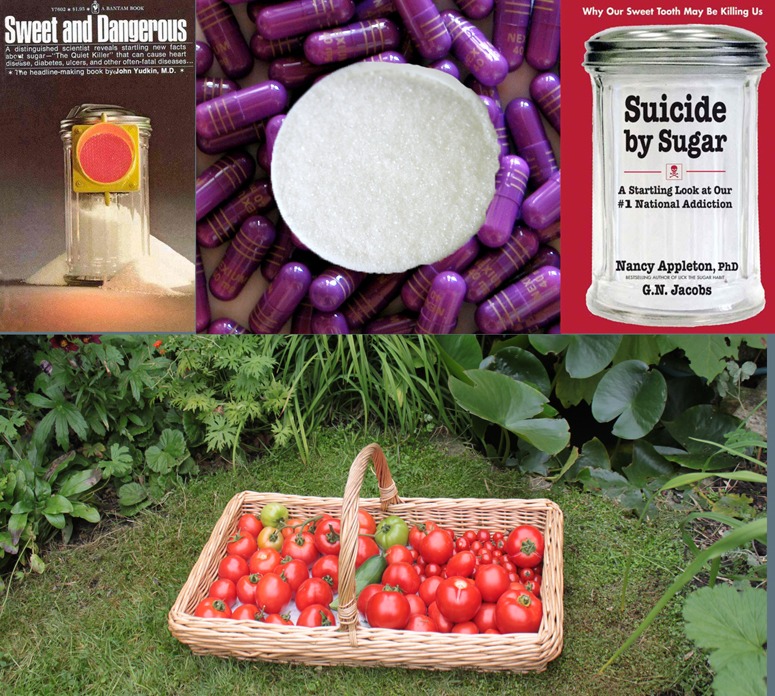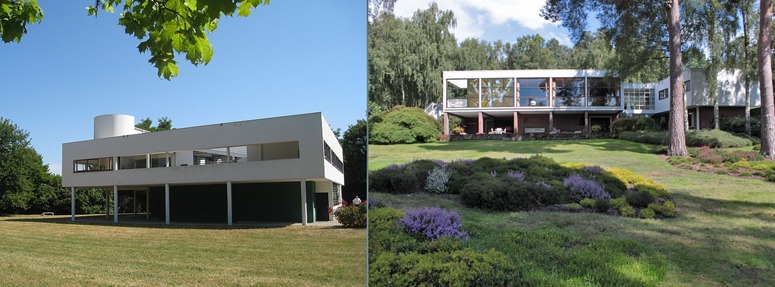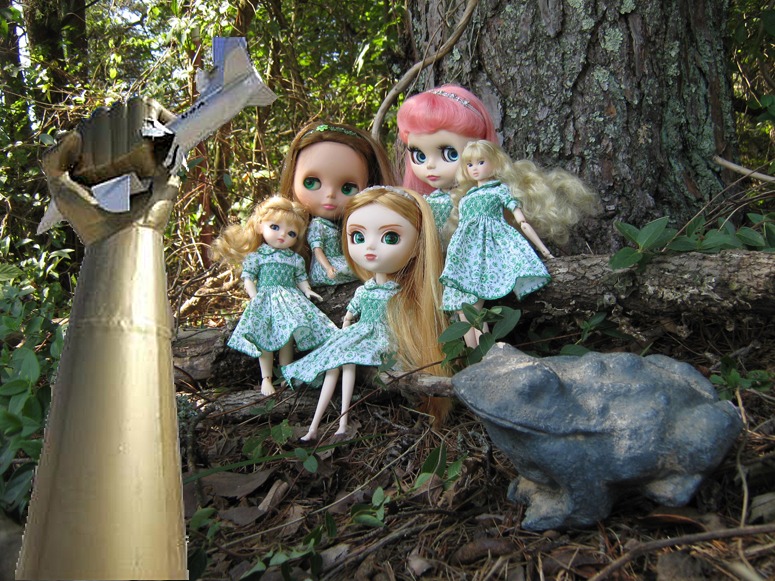
Sugar is a deadly poison and subsidised by the EU Common Agricultural Policy CAP. So grown your own food!
Prof John Yudkin showed, in 1957 that the consumption of sugar and refined sweeteners is closely associated with coronary heart disease and type 2 diabetes. The argument was presented in a famous book Pure, White and Deadly (1972) which was, of course, bitterly attacked by the sugar and soft drinks industries. This may be why Robert H. Lustig (Prof of Clinical Pediatrics, at the University of California) called his much-watched Youtube video Sugar:the Bitter Truth. He extends Yudkin’s argument and explains how sugar is a major factor in heart disease, hypertension and many common cancers, with most of our sugar intake coming from processed foods and soft drinks. A dangerous consequence of eating sugar is that it stimulates the apetite and makes you put on weight. The food processors’ second favourite additive, salt, may be the world’s second worst poison.
So how does the EU’s Common Agricultural Policy (CAP) deal with this terrible poison? It gives its largest subsidies to sugar producers, of course. Tate & Lyle Europe is the largest UK recipient of CAP money (T&L has received €828m since 1999). I say ‘of course’ because the CAP is a very bad thing, if not quite as bad as the Common Fisheries Policy (CAF) which has led to the ruination of Europe’s fish stocks.
So what has sugar to do with landscape and gardens? Two things (1) the safest food to eat is food which has not been influenced in any way by food processing or the CAP (ie food which has been home grown in gardens and urban agriculture plots) (2) Europe’s current financial crisis is the best hope for some time that the CAP might be reformed – and when this happens there will be an opportunity to switch some of the expenditure towards rural public goods – and away from such notable public bads as the production and use of sugar in processed foods. Landscape planning for growing vegetables in urban areas has to become a key input to the urban design process. It involves strategic policies for water, soils, air, light recycling, land-use and roofspace-use.
The safest nutritional policies are (1) grow you own food (2) cook your own food. The home-grown tomatoes in the above photograph are so delicious they do not need cooking or flavouring. An interesting thought is that if more people composted household waste and grew their own food then GDP/head would fall, because less food would be sold, transported etc. There would also be less expenditure on health care. So I guess politicans, who are elected for promoting ‘economic growth’ will be against it, supported by their economic advisers.





